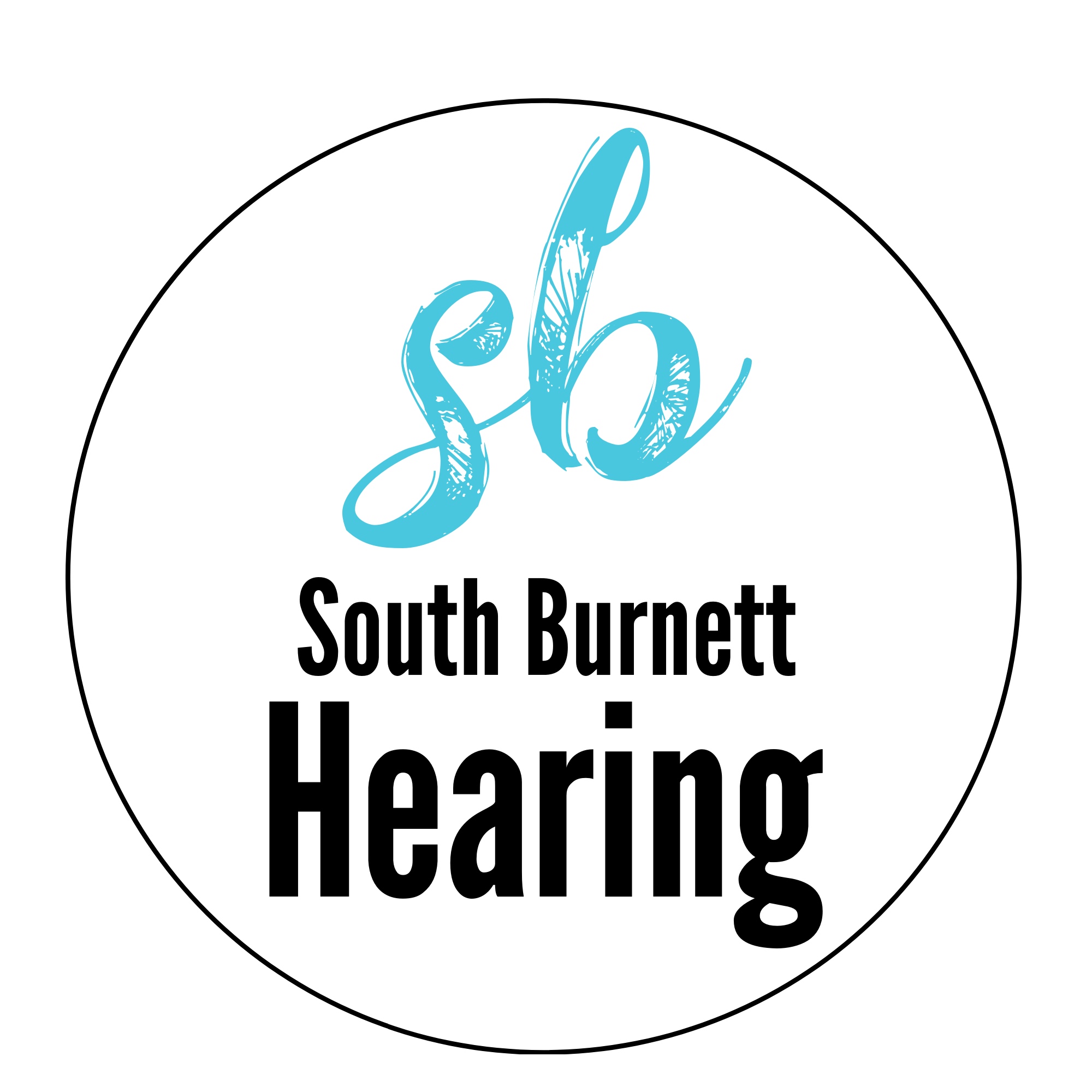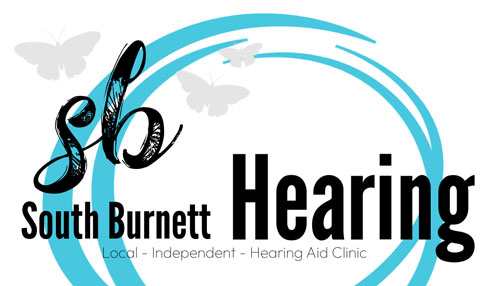Your ears do more than help you listen to your favourite music or engage in conversations with friends and family: they also play a key role in helping you to maintain your balance.
The inner part of your ear is home to your body’s vestibular organs, which are responsible for your spatial awareness and helping you stay upright. If there’s damage to your hearing, then there’s a chance that your vestibular organs will be affected, especially if the damage originates in the inner ear.
In this post, we’re going to take a closer look at hearing and balance, outlining how they influence each other, the common conditions that affect both, and how a hearing specialist can help if you’re experiencing any symptoms related to dizziness and hearing loss.
The Inner Ear’s Dual Role
Your hearing and balance are connected because of where they’re both located. The cochlea, which is the main hearing organ, is found in the inner ear. And that’s also where you’ll find the vestibular system, which is responsible for balance.
They do more than share the same space. They both speak to the brain using the vestibulocochlear nerve and also share a blood supply and fluid. In fact, it’s the movement of that fluid that’s found inside your inner ear that sends messages to your brain about the direction of your head movement.
So while your ear might primarily be known for its capacity for hearing, you can really think of it as having a dual role, with the one being maintaining your sense of balance.
How Hearing Loss Can Impact Balance
As we’ve just seen, the ear is home to both your body’s hearing and balance systems. Yet while both of these systems serve their own purposes and operate largely independently, what’s happening in one system influences the other. A person who experiences hearing loss may also experience balance issues (similarly: damage to the vestibular system can cause hearing issues).
As a result, people with hearing loss are more prone to falls and dizziness. In fact, a study from the National Library of Medicine found that a person with mild hearing loss was up to three times more likely to fall than someone with no hearing loss.
Common Conditions That Affect Both Hearing and Balance
Ménière’s Disease
Ménière’s disease, an inner ear disorder, can cause a buildup of fluid in the inner ear, resulting in hearing and balance issues. Common symptoms of Ménière’s disease include vertigo, tinnitus, and periodic hearing loss.
Vestibular neuritis
Vestibular neuritis is caused by a virus that results in the inflammation of the vestibular nerve. Its primary symptom is sudden vertigo attacks, though it can also cause nausea and vomiting. Walking in a straight line and standing up become challenging during attacks.
Age-Related Degeneration
It is common for people to experience some hearing loss as they get older due to degeneration in the inner ear. This can also lead to issues with balance and dizziness, increasing the likelihood of falls.
Ear infections
Ear infections that affect the inner ear can cause fluid buildup and ear pain that impairs hearing ability. Since the ear and balance systems are connected, dizziness and vertigo can also occur.
Symptoms to Watch For
It’s important to be vigilant for any signs of damage to the inner ear. Get in contact with a specialist if you have any of the following symptoms, especially if you have more than one of them.
- Dizziness or vertigo
- Unsteadiness
- Tinnitus combined with balance issues
- Nausea or a sensation of spinning
How a Hearing Specialist Can Help
A hearing specialist can help to diagnose hearing loss or balance issues during a hearing and vestibular evaluation. By taking action early, patients can reduce the risk of their conditions worsening, minimize fall risk, and — in the case of fitting hearing aid technology — elevate quality of life.
Treatment Options & Management
There are a number of effective treatment solutions available to patients who have inner ear conditions that impact their hearing and balance.
- Hearing aids: Hearing aids can improve listening ability and reduce the risk of falling.
- Balance retraining or vestibular therapy: For managing balance and dizziness issues.
- Medical referrals when needed: More complex cases can be referred to a specialist.
When to Seek Help
Everyone feels a little dizzy from time to time. However, if you’re experiencing recurring dizziness or have difficulty walking straight, then seek help. It’s also best to make an appointment with a hearing specialist if you’ve had recent hearing loss.
Make An Appointment With South Burnett Hearing Today
The parts of the body responsible for your balance and hearing share a home, and what happens with one can impact what happens with the other. If you’re experiencing any issues with your hearing or balance, then don’t hesitate to book a professional assessment with the experienced team at South Burnett Hearing by calling 07 4162 3864 or clicking here.


